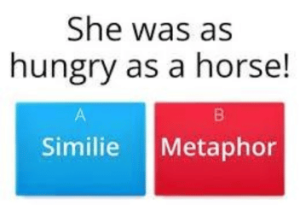According to some studies, teach kids to read and reading to young children stimulates optimal patterns of brain development, which helps build strong pathways in the brain and in turn builds language, literacy, and social-emotional skills that can have life-long health benefits. Reading to children also activates the sections of the brain that process words and form meaning, which are essential for reading readiness. Reading to children can also promote their listening skills, cognitive and language development, expanded vocabulary, and growth mindset. Reading to children can also enhance their bonding with their caregivers and their enjoyment of learning.
Learning to read at a young age can have a positive impact on the brain development of a child in several ways:
- Reading regularly with young children stimulates optimal patterns of brain development, which helps build strong pathways in the brain and, in turn, builds language, literacy, and social-emotional skills that can have life-long health benefits1.
- Reading to children activates the sections of the brain that process words and form meaning, which are essential for reading readiness. These sections include the temporal lobe, which is responsible for phonological awareness and for decoding and discriminating sounds; Broca’s area in the frontal lobe, which governs speech production and language comprehension; and the angular and supramarginal gyrus, which link different parts of the brain so that letter shapes can be put together to form words.
- Reading to children also strengthens the white matter tracts in the brain, which are collections of nerve fibers that help the brain learn and function. These tracts connect the back of the brain’s reading network to the front, allowing multiple pieces of information to travel simultaneously at a high speed. The width and smoothness of these tracts are related to reading ability in young children, and they are compromised in children with dyslexia.
- Reading to children also promotes their listening skills, cognitive and language development, expanded vocabulary, and growth mindset. Reading to children can also enhance their bonding with their caregivers and their enjoyment of learning.
Therefore, reading to children is a valuable activity that can support their holistic education and well-being.





